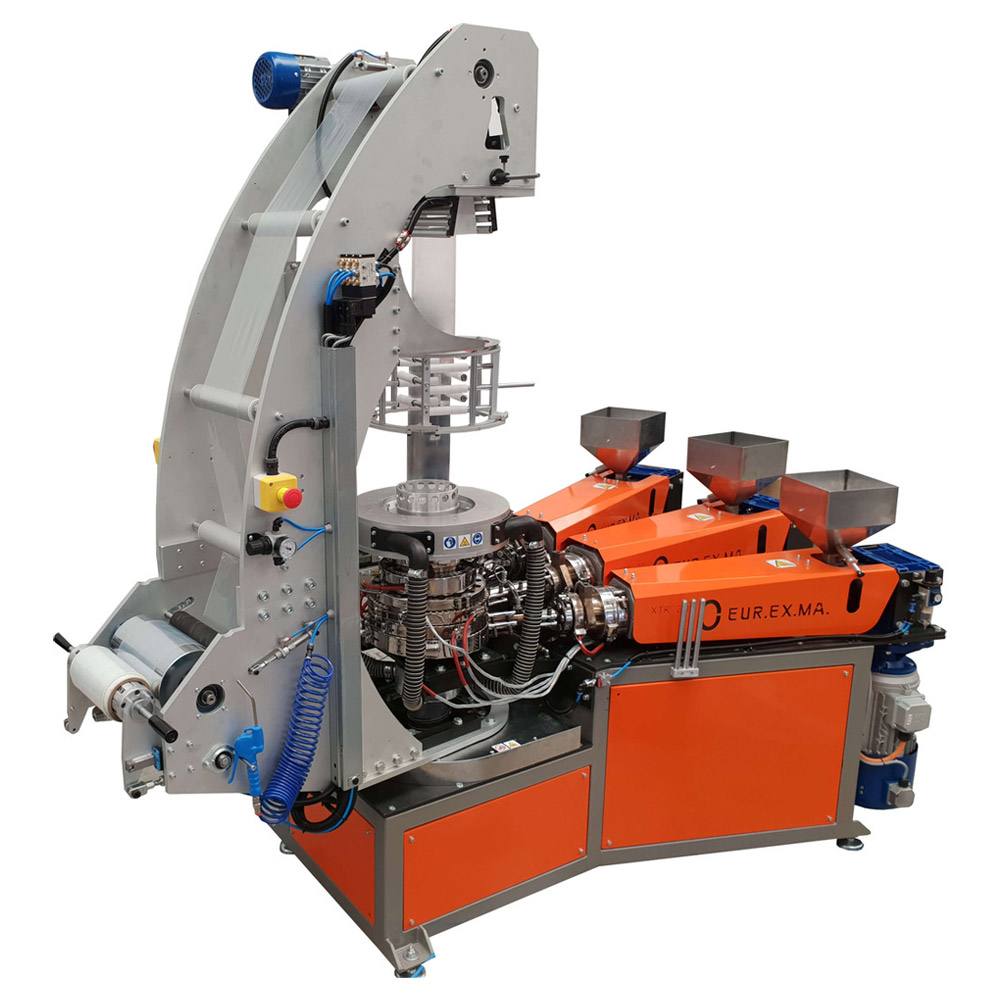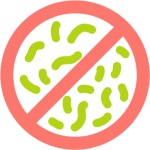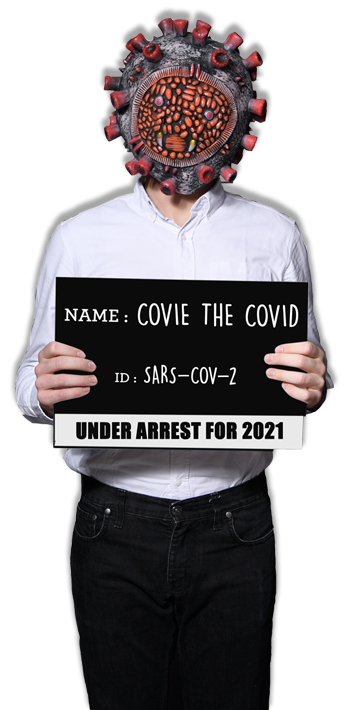PhotoACTIVE Powder
- Home
- PhotoACTIVE Powder

PhotoACTIVE powder
Thanks to the research and development department, PhotoACTIVE® technology has arrived directly to plastics and their main manufacturing and transformation process: the extrusion process.
PhotoACTIVE® Powder is designed to be inserted in the extrusion process and thus be part of the polymer that will make up the final plastic material.
The extrusion of plastic materials is a particular plastic deformation procedure, aimed at the production of constant section (“extruded”) pieces such as tubes, bars, profiles, plates, filaments for 3D printers, plastic films or simply granules composed of different materials and which are then used for other processes.

Main characteristics
PhotoACTIVE® has a powerful antiviral, antibacterial and anti-mold action, managing to destroy the H1N1 influenza virus and the new coronavirus SARS-CoV-2 (COVID19).
The antiviral and antibacterial properties on treated materials have proven to be durable over time.
In the extrusion process, the plastic materials in the form of small granules are first fused together by heating at specific temperatures, then they are given a specific shape and finally, they are subjected to a cooling-consolidation process.
Through the plastic material extrusion process it is possible to work different materials such as rubber and the following thermoplastic materials:
- PVC (polyvinyl chloride)
- PE (polyethylene)
- PP (polypropylene)
- PA (polyamide)
- HDPE (high density polyethylene)
- LDPE (low density polyethylene)
- ABS (acrylonitrile butadiene styrene copolymer)
- PC (polycarbonate)
- SB (styrene butadiene)
- PMMA (polymethyl methacrylate)
- TPU (thermoplastic polyurethane)
- PEEK (polyether ether ketone)
- others (polystyrene, abs, nylon …) etc.
Each material is suitable for a specific use: thermoplastic materials are used, for example, in the production of filaments for 3D printers; this is a market which is taking on increasingly significant market volumes.
PhotoACTIVE® Powder is thus fully effective even when it is inserted directly into the process.

ISO 18184 : 2019
Determination of the antiviral activity of textile products

ISO 20743 : 2013
Determination of the antibacterial activity of textile products

ISO 15797 : 2018
Industrial washing and finishing processes for the evaluation of work clothes

ISO 14479
Microbiology and Virology Laboratory of the Biotechnology Department of the University of Siena

ISO6330 : 2012
Domestic washing and drying processes for textile tests

